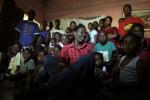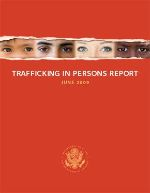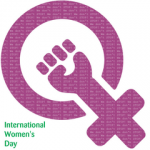Child Slavery in Haiti: CNN Covers Jean Robert Cadet Foundation
 "Timoun se moun" (children are people too). In Haiti, far too many children are treated as less than people. CNN's Sanjay Gupta recently travelled to Haiti to learn more about the restavek practice. His blog is below. All social problems have solutions, and while the attention of foreigners to this issue is welcome, lasting change must come from within. One person fighting to bring about this change is Jean Robert Cadet, who was himself a restavek fourty years ago. He has gone on to found the Jean Robert Cadet Foundation and has devoted his life to ensuring no one else experiences what he did. Far from a victim, he is a hero and a change agent.
"Timoun se moun" (children are people too). In Haiti, far too many children are treated as less than people. CNN's Sanjay Gupta recently travelled to Haiti to learn more about the restavek practice. His blog is below. All social problems have solutions, and while the attention of foreigners to this issue is welcome, lasting change must come from within. One person fighting to bring about this change is Jean Robert Cadet, who was himself a restavek fourty years ago. He has gone on to found the Jean Robert Cadet Foundation and has devoted his life to ensuring no one else experiences what he did. Far from a victim, he is a hero and a change agent.








